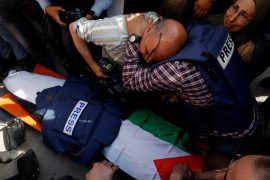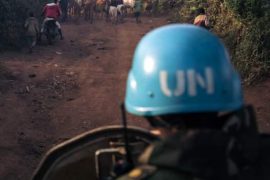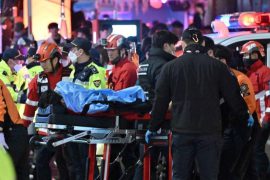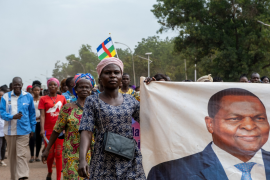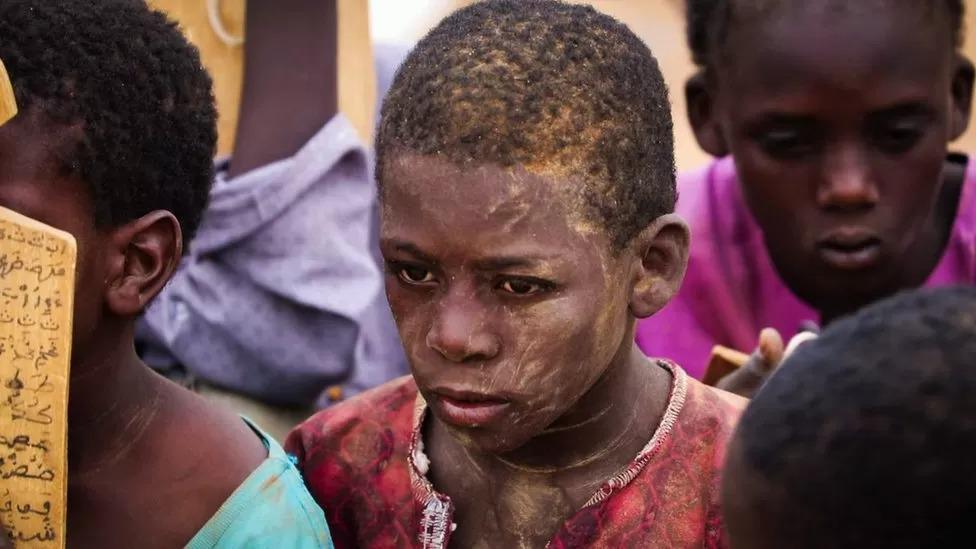
As Mali dey fight Islamist militants and separatists, e turn to Wagner mercenaries for security. But dem don assume say di group lead leader don die, UN peacekeepers don begin dey leave and Mali dey face crisis.
BBC Feras Kilani travel go di dangerous northern desert region- di only international journalist wey don go di area for di past year – to meet pipo wey dis kasala dey affect.
Na late in di evening we set up camp, we lit fire to cook our dinner and lie down inside out blankets to sleep outside. Suddenly, we hear di sound of motorbike wey scata di silence of di hot desert night.
Around us, we begin dey hear as sojas wey dey our convoy, dey click dia rifles and machine guns. We bin dey wit a group of Tuareg separatists wey tell di man on top di motorbike to move on.
As soon as e comot, our hosts tell us say make we sef comot too. Immediately. Dem say e dey risky to remain for there as di man wey come wit bike na scout for one local group wey dey linked to al-Qaeda.
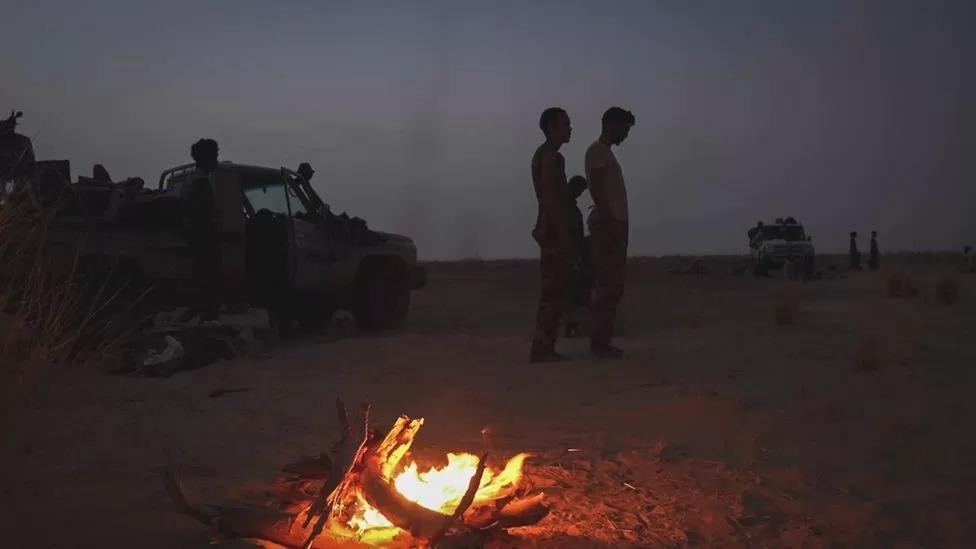
We dey careful, as we swap our jeans for traditional robes and Tuareg headscarves so we go fit blend in, but if e realise say foreigners bin dey camp, im fit lead di militants to us and dem fit kidnap us.
We quickly park our things and drive comot dat night, we no on headlights or torches so dat dem no go follow us.
Dis part of northern Mali dey beyond goment control and na di groups of Tuareg separatists and Islamist extremists wey dey linked to al-Qaeda dey run am – dem no dey too gree like dat but dem don reach mutual understanding say dem no go near each oda.
But di tension and fear we experience dat night show say serious crisis dey across di kontri as di kontri dey go deeper into lawlessness and chaos.
Di goment don free international peacekeeping forces, dem dey rely on Russia Wagner group for security instead.
But now di mercenaries’ notorious leader, Yevgeny Prigozhin, pipo believe say don die for di plane crash, and e leave question of operations and fear say Mali even dey more dangerous position.
Fleeing from IS
To di east, di Islamic State group don establish diasef and dem dey try increase areas wey dem dey control. We bin wan meet wit di civilians wey dey caught up for di violence IS fighters don bring wit dem. So we drive more dan 1,000km (650 miles) through di desert to di city of Kidal for di east of Mali. Wen we arrive, we see camps wia thousands of refugees dey live after dem run comot for dia homes.
“Islamic State bin force us to come here,” Fatima tell us, as she sit for floor of a makeshift tent- a rough piece of material popped up by a few branches. She dey her 60s and na her home be dis, wit her daughter and two of her grandchildren wey dey her side.
Dem kill her husband and son-in-law wen di IS attack di village wia dem dey live bifor.
“Dey kill all our men and burn all our food and animals.” She add. Odas tell us similar tori of how dia supply of grain, sheep and camels bin destroy, wey leave dem wit nothing. Many of di youngest children wey we see no get any cloth or shoe.
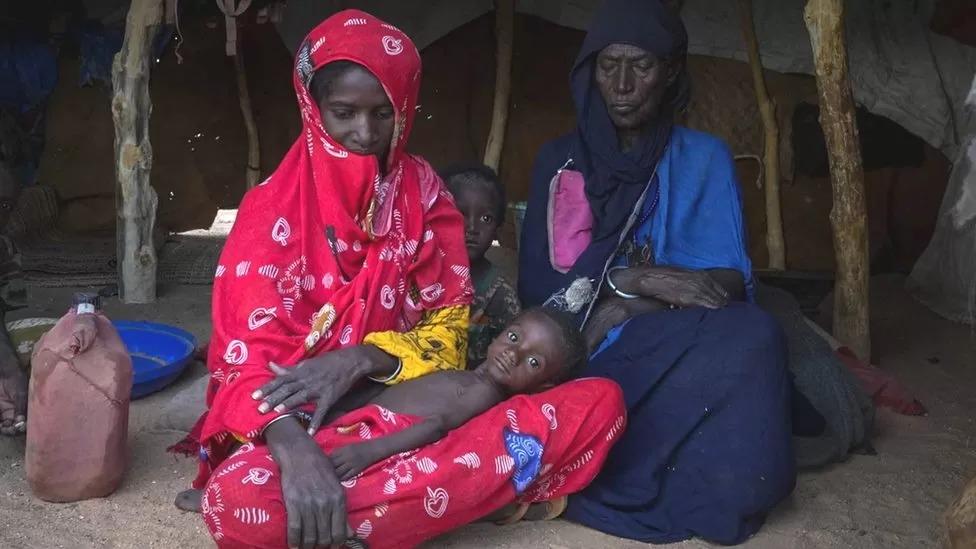
Fatima, and wetin remain for her family walk hundreds of kilometres to reach Kidal from her old home wey dey Menaka state in eastern Mali.
As we we don see for ourselves, to travel across di desert dey tough. Paved roads no dey, na just rough routes wey dey marked in di sand by vehicles wey don pass through bifor. Di sand bin stretch as far as you fit see, sometimes e dey dotted wit trees and shrubs.
Plenti pipo no dey Kidal, but at least dem fit survive. “We find water and shelter, so we stay,” Fatima tok. Pipo for dis camps get some basic assistance from local NGOs but e no dey much.
We also meet Musa Ag Taher, one of di few men wey dey di camp. Islamic State fighters bin also attack im home too. “Wen IS enter di town I bury myself until dem comot and den I managed to escape wit my family,” he say. He describe how he dig a shallow pit in di ground and cover imself wit sand to hide. He manage to escape wit his four children.
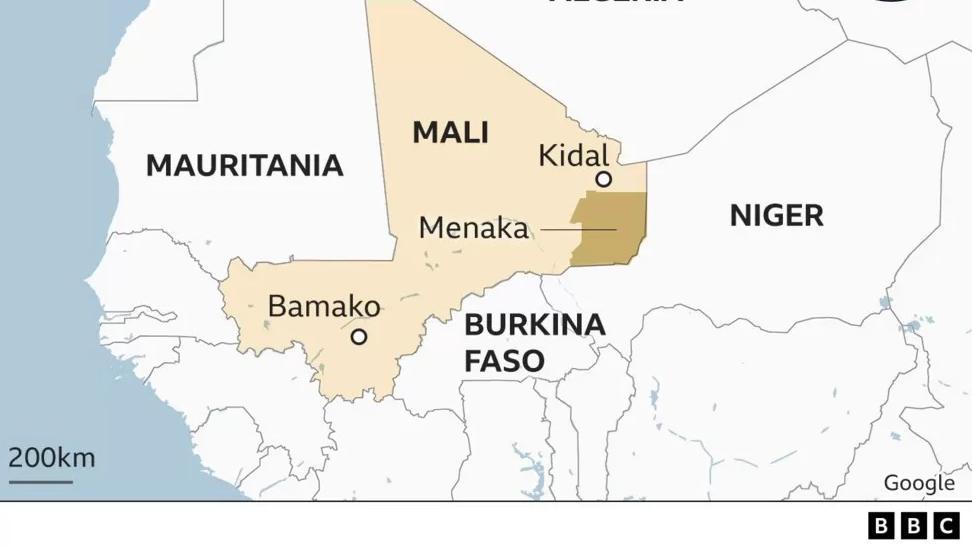
Turning to Wagner
Though Kidal dey safer dan di areas wey Fatima and Musa bin leave behind, fear dey say di situation go get worse.
In 2012, di military stage a coup, while rebels and Islamist fighters take kontrol of di north, wia dem declare an independent state in di region. A new interim goment bin ask French troops to come fight di Islamist extremists.
A few months after dia arrival for 2013, di UN send an international force wey dem call Minusma to keep di peace.
Di kontri military leaders seize power again for 2020 – na since den di junta don distance imsef from France, wey bi former colonial ruler, and dem don send French troops go home.
For 2021, di goment bin invite Wagner to Mali to helep wit security and soon di Russian mercenary group go be di only outside force wey go dey provide military support. Di goment bin tell di UN 12,000 peacekeepers to leave – dem don dey di process of pulling out.
We visit UN base for Kidal wey dey due to close for November. Huge sandbags top wit coils of razor wire don dey set up around di entrance for security. Beyond, we could see pipo in blue helmets and rows of white vehicles wit UN markings.
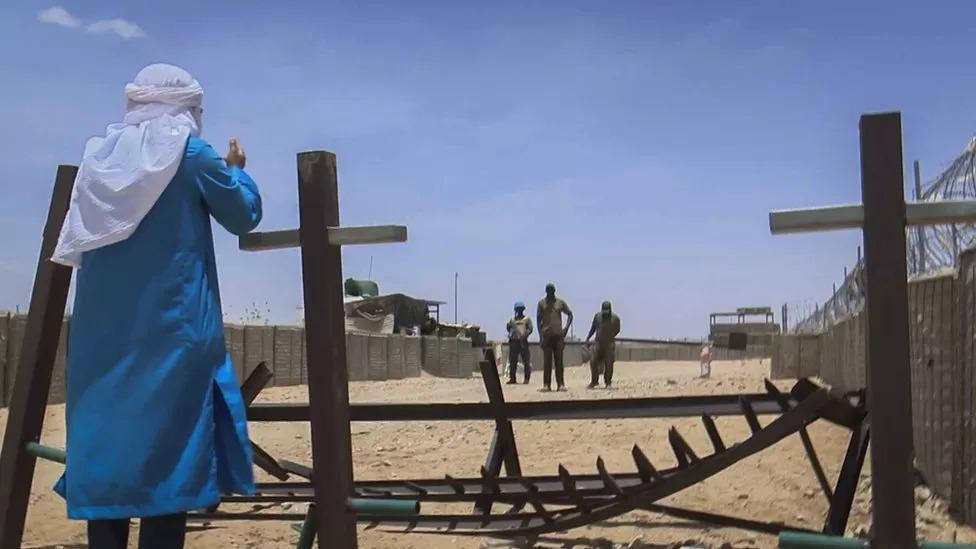
Di security guard for di gate call someone on his radio and three men appear. Dey ask us to stop filming and explain say becos dem dey prepare to comot, so dey no fit grant us interview.
Local groups dey worried say wen diz UN forces go, dem go leave a power vacuum wit IS, militants affiliated to al-Qaeda and separatists all fighting for kontrol.
E dey believed say na about 1,000 Wagner soldiers dey for Mali – less dan a tenth of di size of di UN force wey dem dey replace and fears dey say dem go even dey less effective to counter jihadist groups.
And earlier dis year, di UN bin accuse Wagner of committing atrocities alongside di Malian army, describing “alarming accounts of horrific executions, mass graves, acts of torture, rape and sexual violence” in di Mopti area. E also describe how Malian soldiers, wey Wagner fighters dey oversee, kill around 500 mostly unarmed civilians in a village. Di Malian goment deny any wrongdoing.
For one nearby compound we meet a group of separatists from di Tuareg ethnic group who dey kontrol Kidal. Dem dey worried say Mali military goment, who control di south of di kontri, fit try to seize wetin dey left of di UN base wen di international force pull out. He say dis fit lead to renewed fighting.
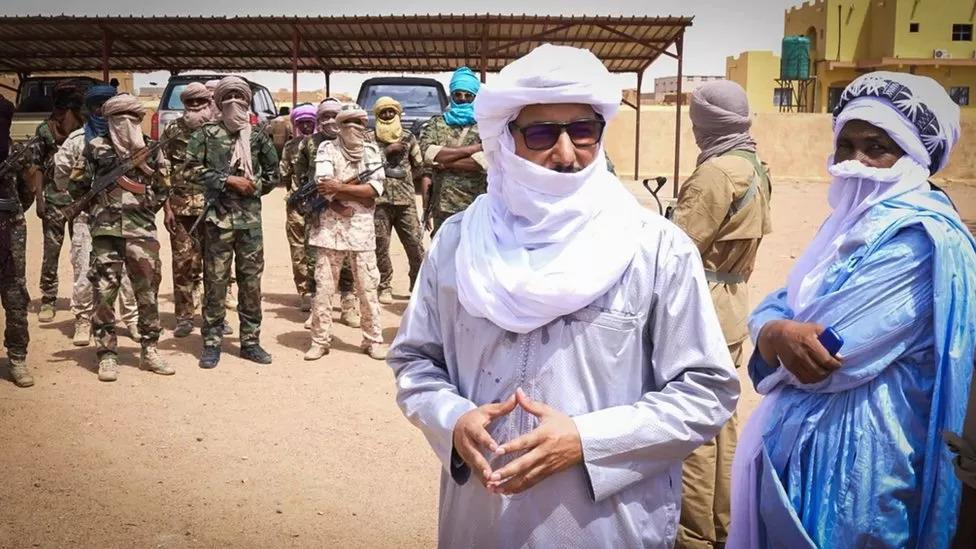
“If diz camps dey handed ova by Minusma to di Malian army, Minusma go dey responsible for wetin go happen next,” Bilal Ag Sharif, di local Tuareg leader, tell us.
“Di Malian goment go also dey responsible becos e dey demand something wey no dey right, and we no go accept am,” he add, making it clear say im group no go give up kontrol of di region without a struggle.
As well as providing security, di 12 UN bases across Mali also support about 10,000 local jobs. Dey employ translators, drivers, pipo wey go distribute food and provide services such as street lighting and some very basic healthcare.
“E go leave diz pipo without any work without any hope, without any source [of income] to feed dia families,” Sharif tell us. He dey worried say Islamist militant groups go step in and benefit.
“Dis go give extremist groups new opportunities for recruitment,” he say.
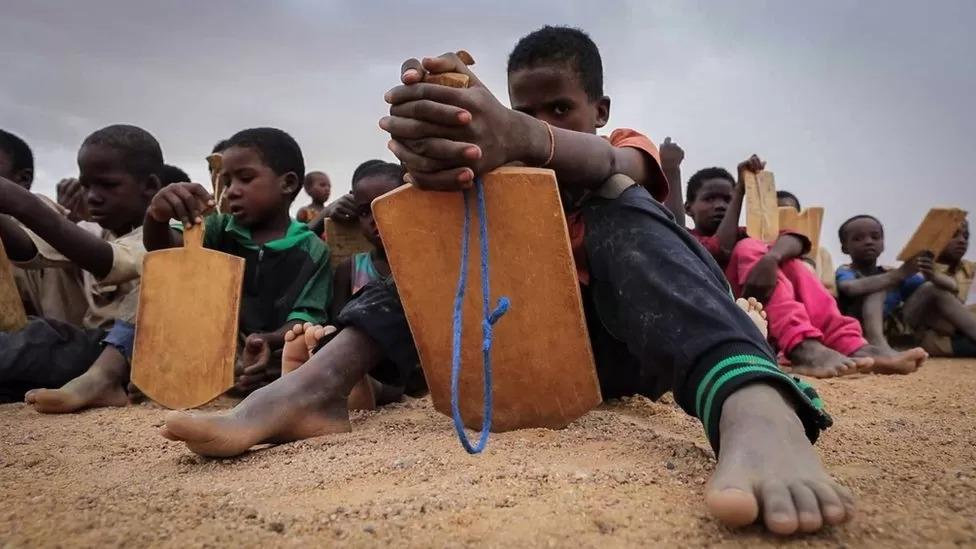
For di refugee camp we see rows of children huddled on di ground of a makeshift school. A teacher hit dia heads wit a cane as dey recite verses from di Quran.
Di IS don kill dia parents and e dey easy to see how dem fit dey targeted and recruited by militant groups as dey grow up.
Russian interest
Di motivation of di Wagner group for di region don dey questioned. Di US goment don accuse dem of running gold and diamond mines in oda African kontris, saying it is a “destabilising force”, wey dey mainly interested in profiting from natural resources.
A few days bifor di plane crash in Russia, Yevgeny Prigozhin bin appear for one video wey suggest say e dey Africa.
Di BBC never verify wia dem film di video, but inside, Prigozhin bin say di group dey make Africa “more free” and dat Wagner dey explore for minerals as well as fighting Islamist militants and oda criminals.
Just outside Kidal, we visit one of di Mali gold processing plants. Na small operation, wit little heavy machinery and much of di panning and smelting is done by hand.
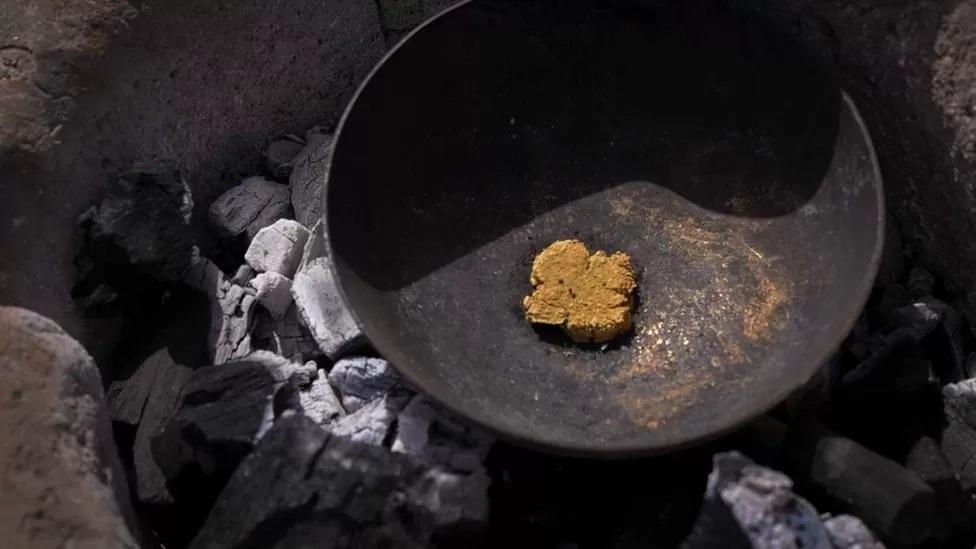
But wit hundreds of sites like dis across di kontri, Mali bin manage to produce more dan 60 tonnes of gold a year, making it one of Africa’s top five exporters of di precious metal.
Tuareg groups dey worried say Wagner soldiers fit try to seize control of di local gold industry and sites like diz one. If dem do, Sharif warn say bloodshed go dey.
Regional threat
Di UN bin warn dat di threat from jihadist groups don increase across Mali, Niger and Burkina Faso for di past year.
All three kontris don get military coups, wey dem don send civilian goment out of power for Burkina Faso in 2022 and in Niger for July dis year.
And wit Wagner’s future now uncertain, e dey unclear how much Mali fit rely on di group for security. If di situation within di kontri deteriorates further, e fit get a knock-on effect wey go cause wider instability for di region.



